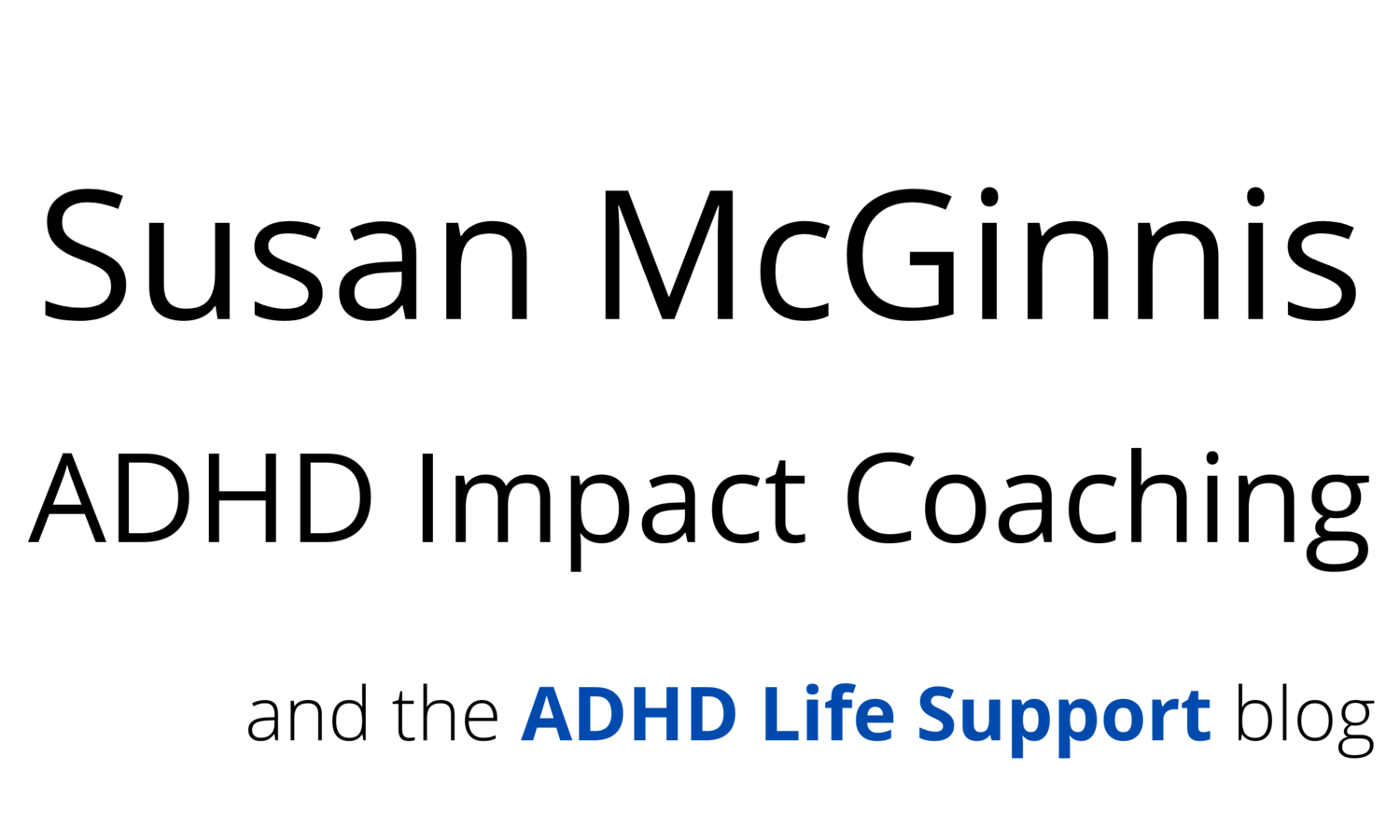Rest Your ADHD Brain - Try Differently
I’ve filed this under “Trying Harder v. Trying Differently.”
Growing up with ADHD, we learn to “try harder,” and we do — but our self-esteem is wounded, and our efforts to “focus” have become exhaustion, rumination, and anxiety. Doubling down on effort leads to some success, but as a by-product, it can also keep our focus on the past and what we already know.
As an antidote, I share this study linking creative thinking to the disruption of the habitual thought patterns.
Does Practice Make Perfect? The Contrasting Effects of Repeated Practice on Creativity
“Creative cognition actually has two components. Divergent thinking, the sort that is utilized in idea-generating sessions, involves branching off from what a person knows and coming up with new ideas.
In contrast, convergent thinking requires finding linkage between different existing concepts or ideas and connecting them to context.
Often, to come up with a viable concept, “you need them both,” Brucks explains. “They’re both really important, but also very different.”
“Becoming better at divergent thinking is a particular challenge, because of the way the brain works. With most skills, practice tends to produce improvement by reinforcing certain cognitive pathways in the brain, making them more accessible, Brucks explains. At the same time, it de-emphasizes other pathways, cutting them off in order to allocate an optimal amount of cognitive resources to the prioritized task. But by training the brain to become more efficient and focused, that repetition also “gives you a less flexible brain,” Brucks notes.
“Business brainstorming might well evolve into something closer to the improvisational exercises that acting students perform to get out of their comfort zone and unleash their creative instincts. Brucks notes that in previous research, imposing constraints upon idea generation — requiring subjects to come up with product names that have numbers in them, for example — has been shown to keep the novel concepts coming.
“You want to do something that prevents you from rehearsing the same thing over and over again,” she says. That way, people in search of inspiration “reinforce not going down the obvious path.”
Study coauthored by Stanford GSB Associate Professor Szu-chi Huang and PhD alum Melanie Brucks, now assistant professor of marketing at Columbia University.
